- Home
- About
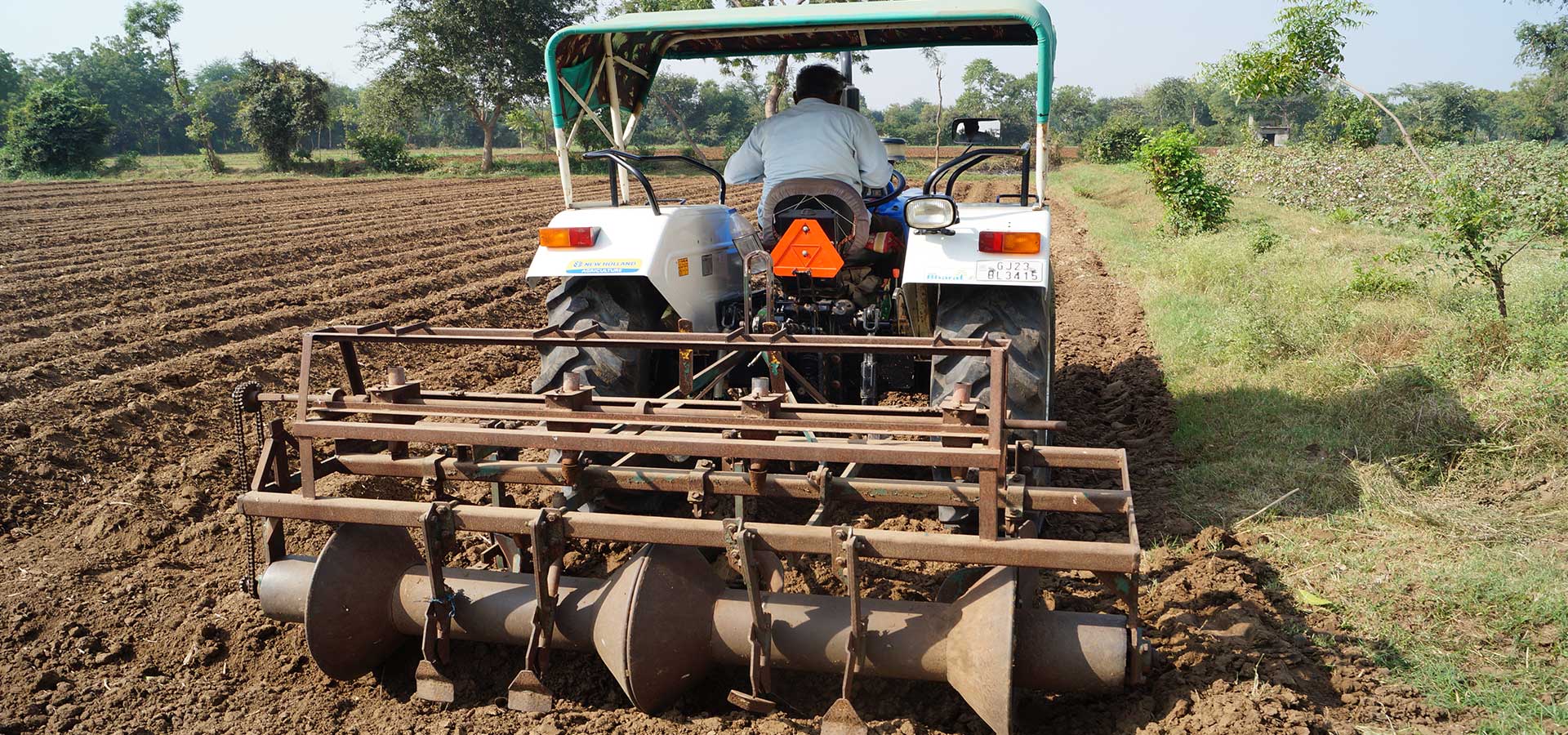
Our Story
History
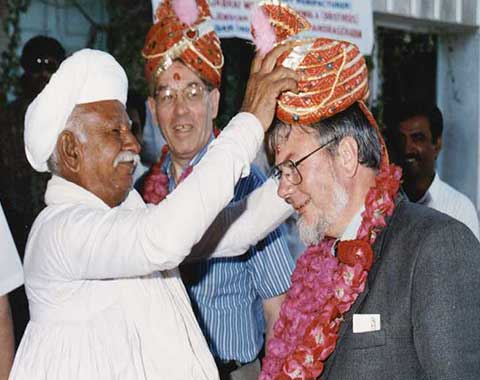
1960`s was when the first chicory root in India was cultivated in our farm by Meraman and Jetha brothers in the locality where our factory stands now. The processing facility was built in 1995, later expanded and modernized to the current capacity in 2017.
Board Members
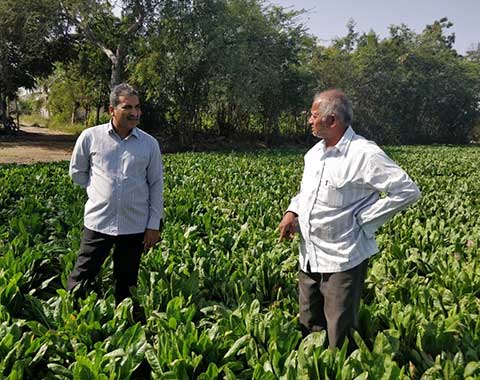
We are a native-family-controlled company and its name "Punjabhai Meraman Keshwara" where Lt. Mr. Meraman was the original cultivator who handed the beaton to Mr. Punjabhai, and his son Nitin is the current General Manager
Our Approach
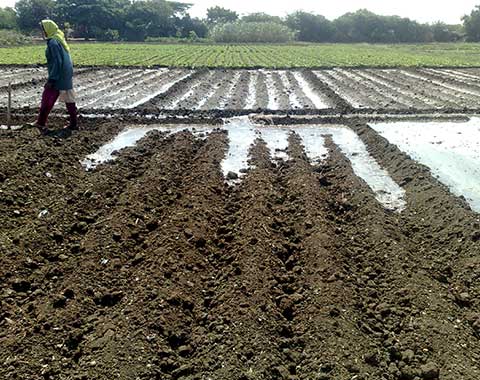
We are open to all ideas, concepts and innovations which when combined with our history has always enables us to meet the expetations of our Clients as well as All who depend on our decisions. A trust that we have earned over the years, and continue to nurture.
Farms
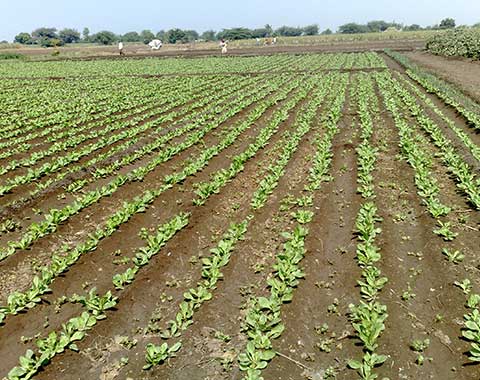
We are blessed with the optimum climate for chicory cultivation. This coupled with the rich 'Black Cotton' soil of Gujarat has been a perfect agri-condition for growing premium quality chicory for past several decades.
With the cultivation facilities spread over 0.0 sq.mt of cultivable land we are assured of committed yield from the seeds provided. Environment has been the driving force for us and the reason for our sustainence, we are returning it with reduced chemical, residue practices and using fertilizers that almost do no harm.
We also execute and encourage contract farming with Qualifying Farmers in the region.
Farmers & Employees
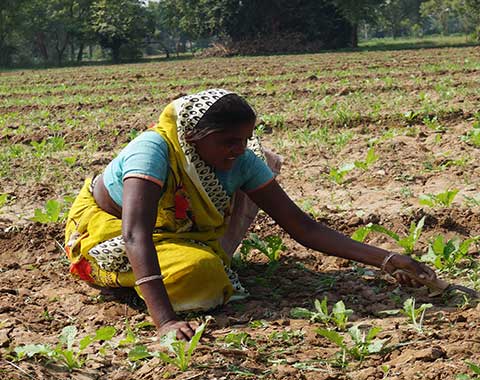
Farmers are the reason for our existance so paying the farmers upfront at the time of pickup of crop is priority. With this we ensure that we have the first right to the best produce in any given year. The farmers who paritcipate in Contract farming with us are also constantly updated the latest technical knowhow and trained by our agronomy experts and provided with best quality seeds to ensure better produce. To aid them financially, we even provide unsecured loans in hours of need.
Our employees are our own extensions, they are treated as family. We depend less on migrant workers but encourage and train the locals so as to sustain the socio-economic stability.